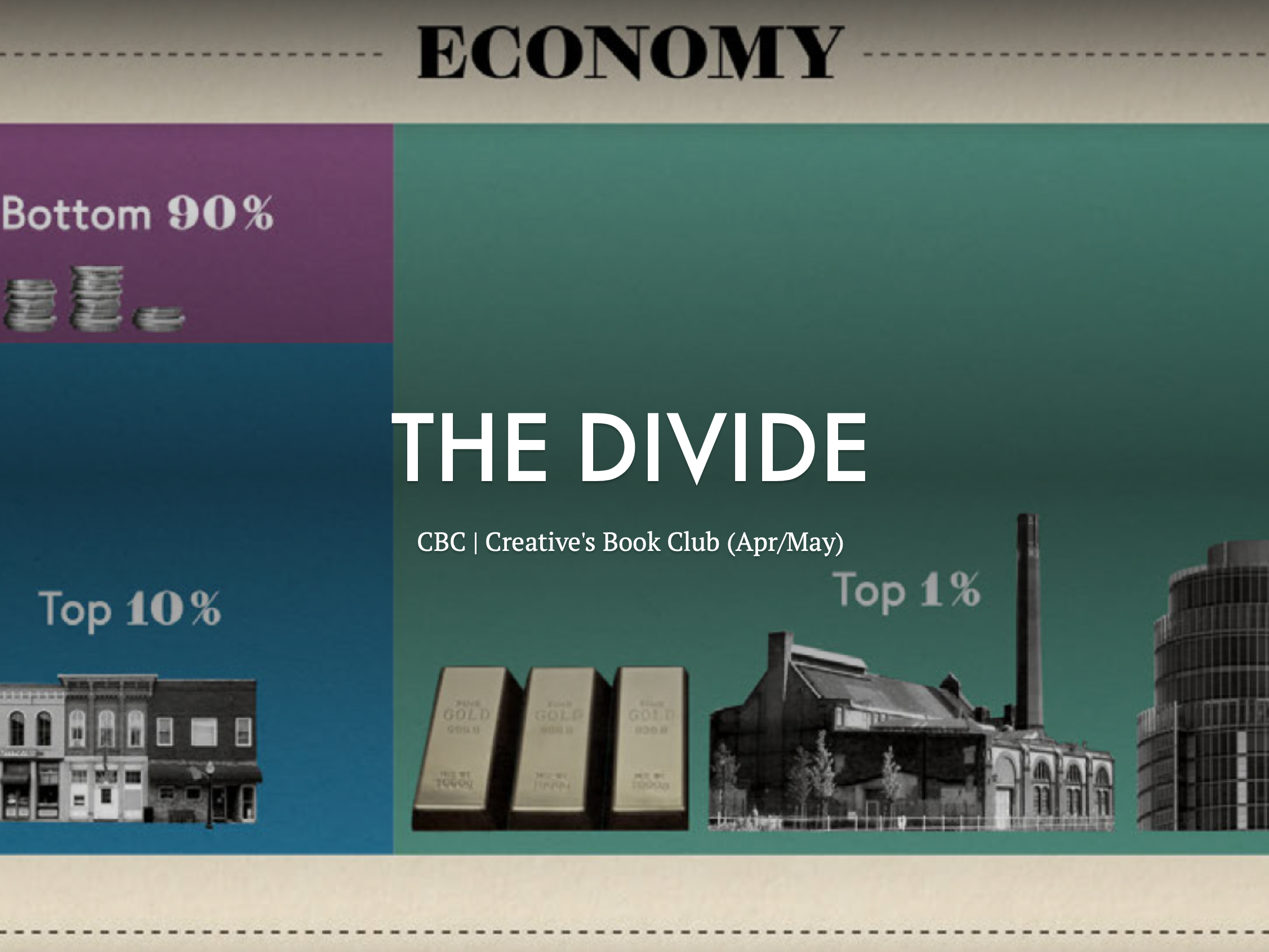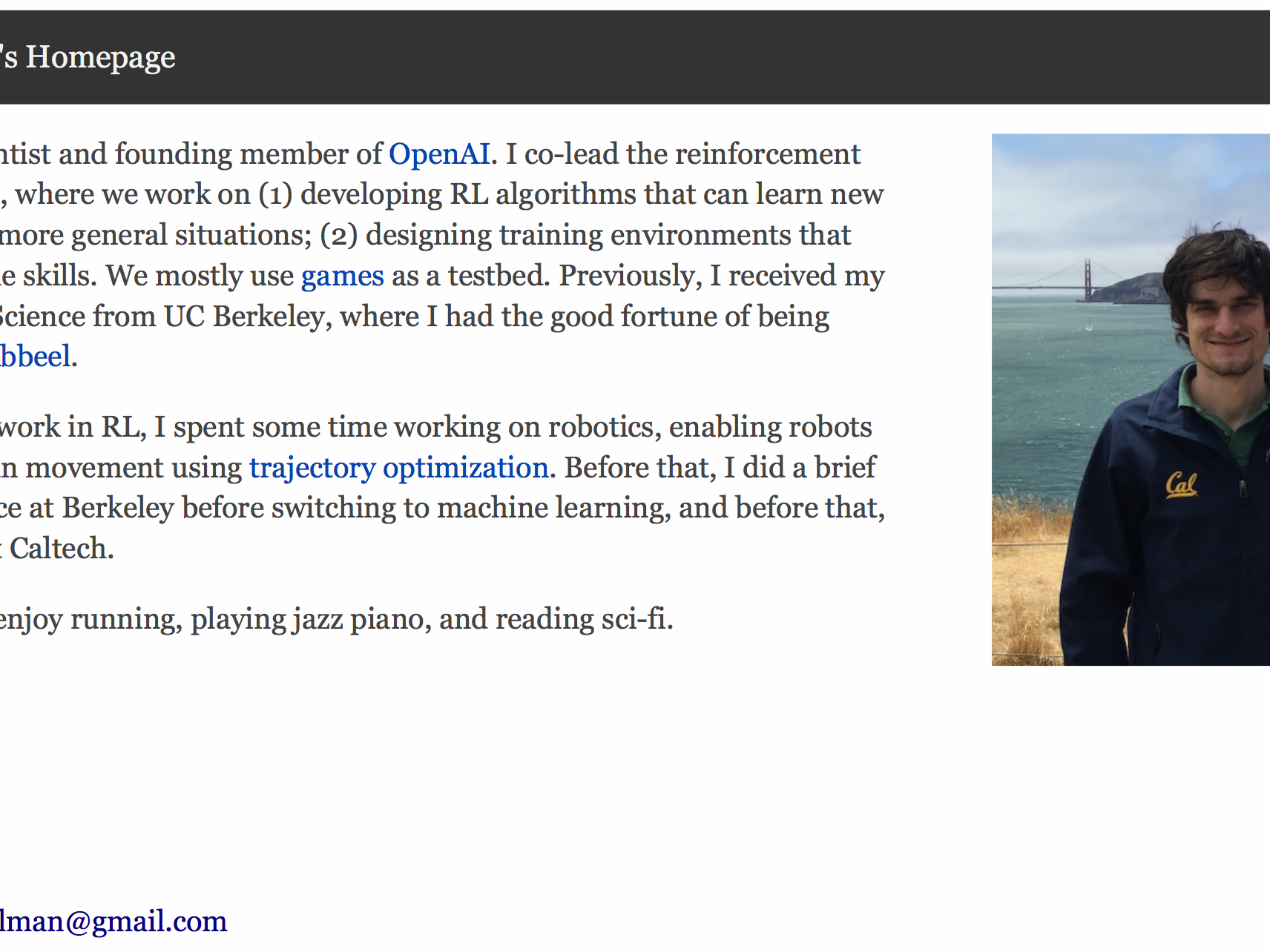You will find the Q&A interesting if you are an artist who wanna be a good coder, a hacker who also wanna make art, a philosophy learner, a graduate who's thinking about being a teacher, a programmer who's deciding which startups to work for or just a dude or lady who wanna build a startup one day but don't know how to code yet.
Why don't more painters have hacking jobs?
Probably for the same reason that few hackers take up painting. They both seem from the outside like great abstruse mysteries. You can learn great abstruse mysteries as a teenager, because everything is a mystery at that point anyway. And you have the boundless self confidence that comes from ignorance. But unless you learn both as a teenager, which is rare, you'll be afraid of the other later.
What should I read to learn more about history?
The way to do it is piecemeal. You could just sit down and try reading Roberts's History of the World cover to cover, but you'd probably lose interest. I think it's a better plan to read books about specific topics, even if you don't understand everything the first time through.
Here are the most exciting ones I can think of:
Clark, Civilisation
White, Medieval Technology and Social Change
McEvedy, Penguin Atlases of Ancient and Medieval History
Laslett, The World We Have Lost
Bernal, The Extension of Man
Franklin, Autobiography
Girouard, Life in the English Country House
Pirenne, Mohammed and Charlemagne
Runciman, The Fall of Constantinople
Cipolla, Guns, Sails and Empires
Hadas, A History of Rome
Oman, The Art of War in the Middle Ages
Vasari, Lives of the Artists
Bovill, The Golden Trade of the Moors
Caesar, Gallic Wars
Kuhn, The Copernican Revolution
I'm about to become a teacher. How can I be a good one?
The best teachers I remember from school had three things in common:
(1) They had high standards. Like three year olds testing their parents, students will test teachers to see if they can get away with low-quality work or bad behavior. They won't respect the teachers who don't call them on it.
(2) They liked us. Like dogs, kids can tell very accurately whether or not someone wishes them well. I think a lot of our teachers either never liked kids much, or got burned out and started not to like them. It's hard to be a good teacher once that happens. I can't think of one teacher in all the schools I went to who managed to be good despite disliking students.
(3) They were interested in the subject. Most of the public school teachers I had weren't really interested in what they taught. Enthusiasm is contagious, and so is boredom.
Two startups want to hire me. Which should I choose?
The one with the most determined and smartest founders (in that order) is the more likely to succeed. Pretend you're an investor—which you are, of your time—and ask yourself which of the two you'd buy stock in.
What philosophy books would you recommend?
I can't think of any I'd recommend. What I learned from trying to study philosophy is that the place to look is in other fields. If you understand math or history or aeronautical engineering very well, the most abstract of the things you know are what philosophy is supposed to be teaching. Books on philosophy per se are either highly technical stuff that doesn't matter much, or vague concatenations of abstractions their own authors didn't fully understand (e.g. Hegel).
It can be interesting to study ancient philosophy, but more as a kind of accident report than to teach you anything useful.
I want to start a startup, but I don't know how to program. How long will it take to learn?
I would guess a smart person can learn to hack sufficiently well in 6 months to a year. The best way to do it would be to find some startup to hire you in an initially menial capacity, and start learning to program on the side. Then gradually work your way up from answering phones through system administration to actual software design. There is always so much to do in a startup that people won't be too picky about your paper qualifications, if you can solve problems for them without screwing up.
Probably for the same reason that few hackers take up painting. They both seem from the outside like great abstruse mysteries. You can learn great abstruse mysteries as a teenager, because everything is a mystery at that point anyway. And you have the boundless self confidence that comes from ignorance. But unless you learn both as a teenager, which is rare, you'll be afraid of the other later.
What should I read to learn more about history?
The way to do it is piecemeal. You could just sit down and try reading Roberts's History of the World cover to cover, but you'd probably lose interest. I think it's a better plan to read books about specific topics, even if you don't understand everything the first time through.
Here are the most exciting ones I can think of:
Clark, Civilisation
White, Medieval Technology and Social Change
McEvedy, Penguin Atlases of Ancient and Medieval History
Laslett, The World We Have Lost
Bernal, The Extension of Man
Franklin, Autobiography
Girouard, Life in the English Country House
Pirenne, Mohammed and Charlemagne
Runciman, The Fall of Constantinople
Cipolla, Guns, Sails and Empires
Hadas, A History of Rome
Oman, The Art of War in the Middle Ages
Vasari, Lives of the Artists
Bovill, The Golden Trade of the Moors
Caesar, Gallic Wars
Kuhn, The Copernican Revolution
I'm about to become a teacher. How can I be a good one?
The best teachers I remember from school had three things in common:
(1) They had high standards. Like three year olds testing their parents, students will test teachers to see if they can get away with low-quality work or bad behavior. They won't respect the teachers who don't call them on it.
(2) They liked us. Like dogs, kids can tell very accurately whether or not someone wishes them well. I think a lot of our teachers either never liked kids much, or got burned out and started not to like them. It's hard to be a good teacher once that happens. I can't think of one teacher in all the schools I went to who managed to be good despite disliking students.
(3) They were interested in the subject. Most of the public school teachers I had weren't really interested in what they taught. Enthusiasm is contagious, and so is boredom.
Two startups want to hire me. Which should I choose?
The one with the most determined and smartest founders (in that order) is the more likely to succeed. Pretend you're an investor—which you are, of your time—and ask yourself which of the two you'd buy stock in.
What philosophy books would you recommend?
I can't think of any I'd recommend. What I learned from trying to study philosophy is that the place to look is in other fields. If you understand math or history or aeronautical engineering very well, the most abstract of the things you know are what philosophy is supposed to be teaching. Books on philosophy per se are either highly technical stuff that doesn't matter much, or vague concatenations of abstractions their own authors didn't fully understand (e.g. Hegel).
It can be interesting to study ancient philosophy, but more as a kind of accident report than to teach you anything useful.
I want to start a startup, but I don't know how to program. How long will it take to learn?
I would guess a smart person can learn to hack sufficiently well in 6 months to a year. The best way to do it would be to find some startup to hire you in an initially menial capacity, and start learning to program on the side. Then gradually work your way up from answering phones through system administration to actual software design. There is always so much to do in a startup that people won't be too picky about your paper qualifications, if you can solve problems for them without screwing up.





